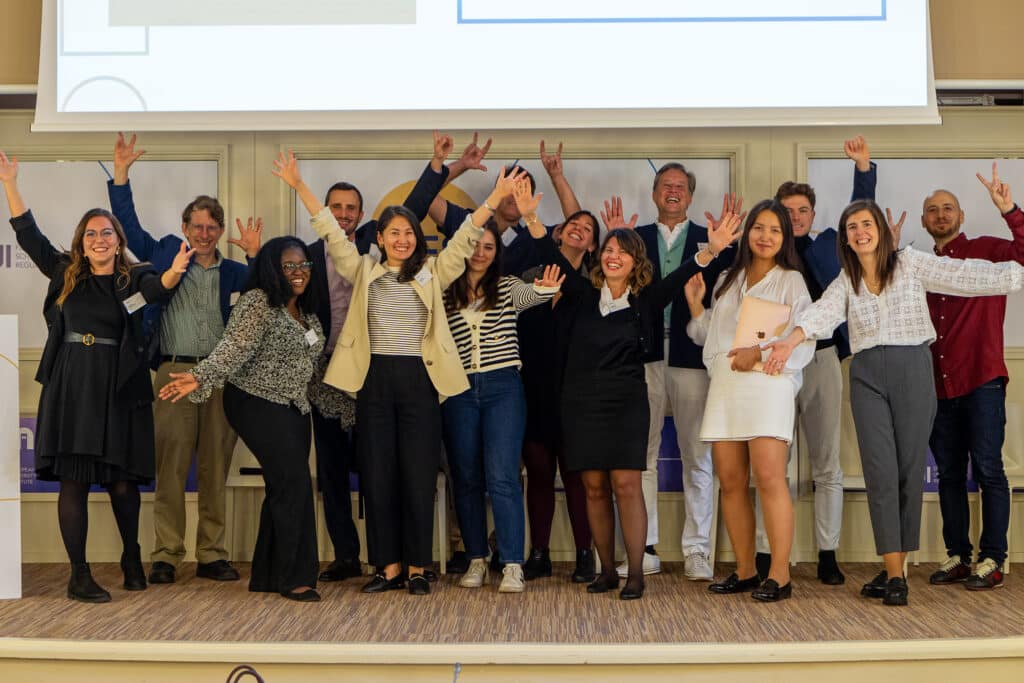
This event is the first of two workshops, designed to bring high-level academics together in order to analyse and debate on the dynamic of global, international, economic governance and regulation of markets. This “organized discussion” between scholars of various horizons acknowledges the open, contested character of the broad questions raised by the dynamics of international and global institutions.
A Handbook by Oxford University Press The ultimate aim of these two workshops will consist in the composition of a “Handbook on International Economic Governance and Market Regulation”, which will be published by Oxford University Press and which will cover all the important political debates and analytical stakes raised by the transnationalization of regulatory capacities of specific sectors – such as communication and media, energy, transportation, finance and insurance, as well as transversal regulatory issues (environment, public health, labour, etc.). These workshops and the eventual volumes will be developed around four main topics:
The overall approach will be cross-disciplinary and will focus, under different standpoints and domains, on the spread of the transnational private and public regulatory regimes which we have witnessed over the last thirty years. Rather than embracing a macroeconomic or macro-institutional approach to analyse how the global economy works, the workshops will promote a micro, bottom-up perspective that would start from the analysis of individual agents, either market participants or regulators, and analyse how they adopt rules, bend them and act upon them. Please note that this is a closed event and participation is by invitation only.

 The Chair Governance and Regulation is a platform which facilitates cooperation between regulatory stakeholders (regulatory authorities, companies, public authorities) and experts (academic networks, consultancy firms, international organisations) with the aim of furthering understanding of the economic and political aspects of regulation and improving institutional frameworks and practices.
The Chair Governance and Regulation is a platform which facilitates cooperation between regulatory stakeholders (regulatory authorities, companies, public authorities) and experts (academic networks, consultancy firms, international organisations) with the aim of furthering understanding of the economic and political aspects of regulation and improving institutional frameworks and practices.

Securing Europe’s Energy Future: Join us for the first instalment of this quarterly theme in the FSR Insights series Sebastian…

Join us for the second instalment of the FSR Insights series’ quarterly theme “Securing Europe’s Energy Future” Kian Mintz-Woo from…

Following the success of the first edition, we are delighted to announce the 2nd FSR Alumni Day. This event will…
To meet, discuss and learn in the channel that suits you best.